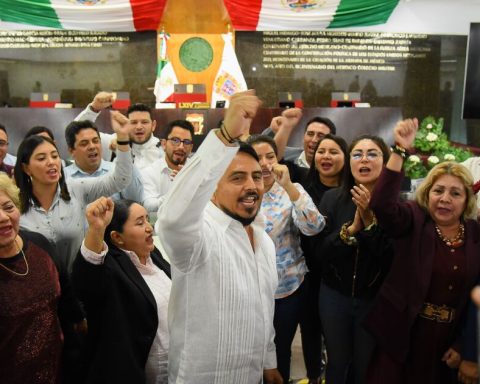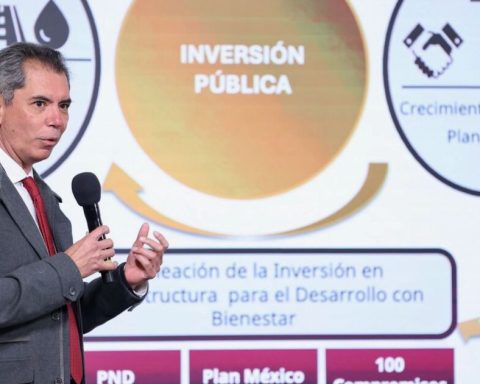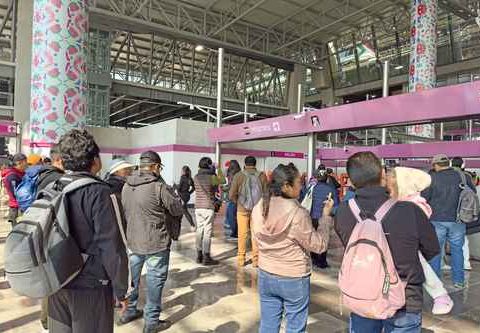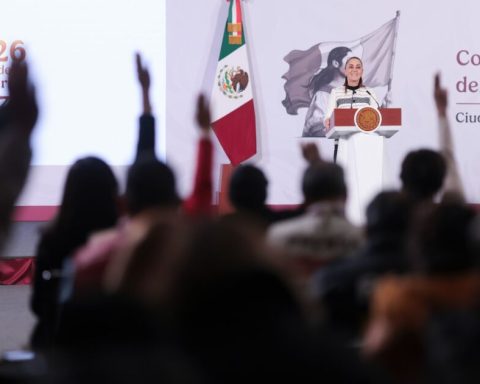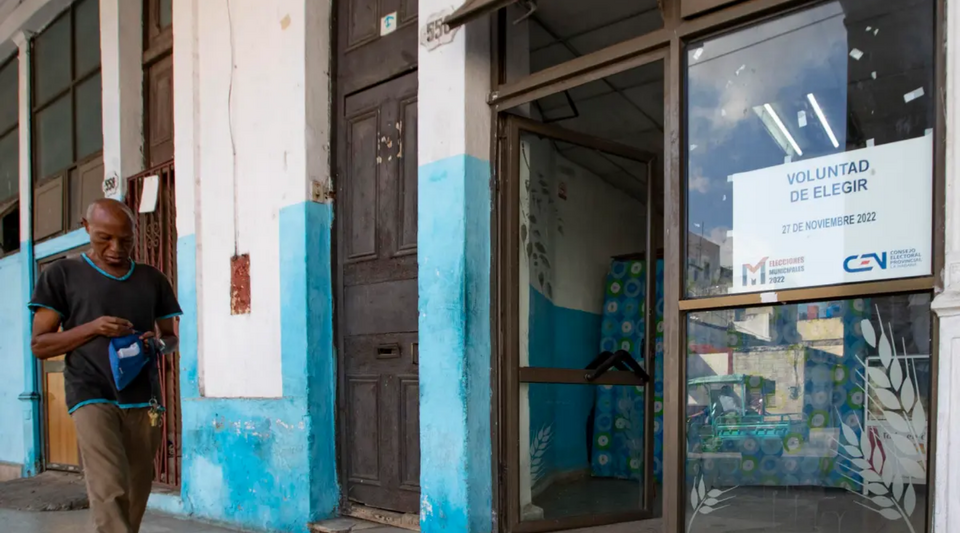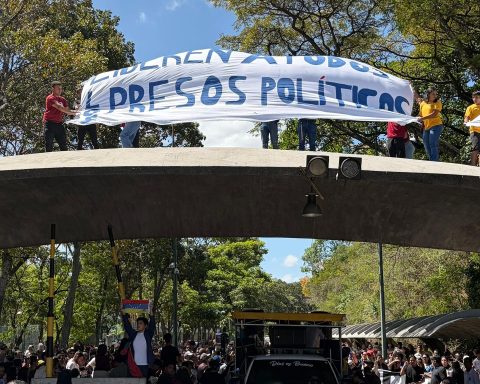AND
n 1978, in the Socialist Republic of Kazakhstan, a member of the dissolved Union of Soviet Socialist Republics (USSR), 134 countries and dozens of organizations came together in favor of primary health care, in what was one of the most ambitious not only of the USSR, but also of the United Nations Organization (UN), since the universal character involved the majority of the countries that signed the Declaration of Alma Ata (Uzbek city of said meeting).
Specifically, the proposal was that the participating countries and those that wished to join said declaration later comply with the stipulations, for example, universal primary health care and the commitment to cooperate with any country that needed it.
The universal character makes a lot of sense, since for epidemics, disasters or environmental calamities there are no borders. Health is not guaranteed for a certain sector of the population and work must be done together to control the spread of both diseases and to control the consequences of events due to environmental disasters. The acceptable level of health of a people interests and benefits other countries.
Peoples are destroyed, more than diseases, unemployment, hunger or null healthy living conditions. The consequences of the misery that capitalism produces are the true cause of the mortality of the peoples.
After 40 years of the signing of the Declaration of Alma Ata, the commitment was not fulfilled. The opposite happened. Capitalism was strengthened and transformed into neoliberalism, to which we owe, as to the first, all kinds of disasters, beginning with invented wars that have harmed the entire world. The routes to advance in universal coverage were blocked, that is, the budget for the free health sector did not increase, but private medicine did grow.
However, some changes have been achieved in the subsequent 22 years of the signing of the 2030 Agenda: control of junk food and drink outlets, especially inside and outside schools; quality control of industrialized foods; campaigns for the prevention, control of childhood obesity, eradication of chemical treatments for agriculture; sanctions for the contamination of groundwater tables by soft drink companies, and a long etcetera.
Regarding the Sustainable Development Goals (SDG), the expectation is, as in Alma Ata, to meet the goals that have been set for the 2030 Agenda. There are 17 goals, 169 goals and 232 indicators that must be met in accordance with stipulated schedules. Antonio Guterres, current UN Secretary General, ratifies the same wishes and commitments for the SDG project.
Four decades after the meeting in the Uzbek city, we cannot continue postponing the fulfillment of the projects in favor of vital sustainability, since the opportunities to recover a healthy and dignified subsistence are at stake. It depends on society that these life projects are fulfilled.
Without intending to fall into pessimism, after 40 years we are still talking about the same shortcomings. Therefore, we reaffirm that neoliberalism, its economic, social and cultural policy format, is the most harmful for humanity.
As in the city of Alma Ata, the governments that signed said declaration, for the 2030 Agenda and according to the report presented in 2014 by the South Korean Ban Ki-moon –then Secretary General of the United Nations–, the tasks to achieve the objectives were a big commitment. Currently, Antonio Guterres has validated the obligation of the UN to reach the goal.
We do not take our finger off the line: the new proposals to end extreme poverty, reduce inequality and rescue the spirit of the SDGs are not through the neoliberal scheme. The change must be at the root; Otherwise, we will not be able to comply with any treaty, agreement or commitment, no matter how many countries in the world sign it.
The salvation of life on the planet depends on actions and not just statements. We simply, but firmly, have to make sure that we carry out, without further delay, the elimination of energy-consuming schemes, whatever their source.
As the UN document says: solving is starting the revolution of renewable energy. And, as those of us who are committed to the revolution of consciences say: acting is better than declaring.
Twitter: @AntonioGershens

